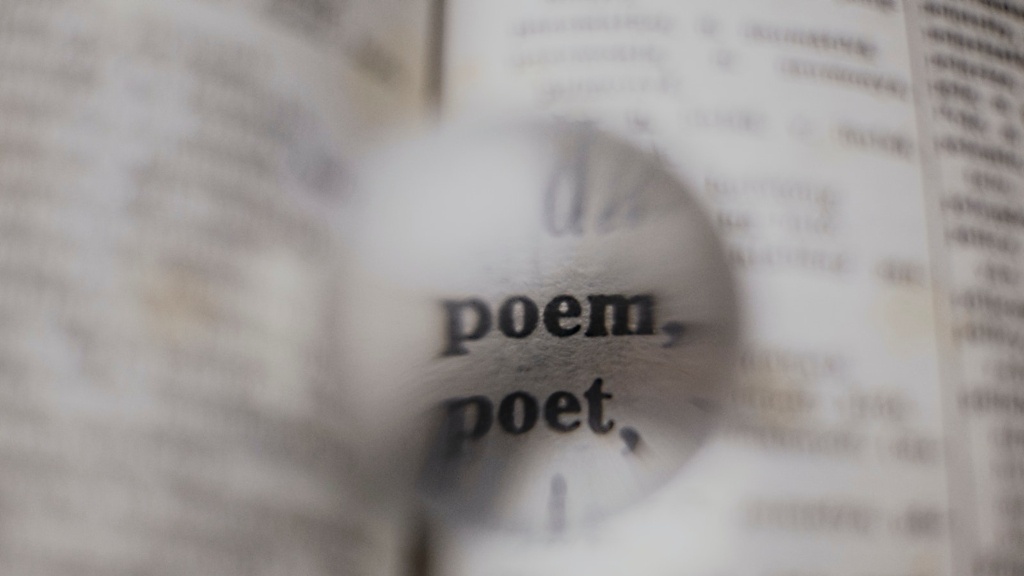Brief Biography
Langston Hughes was an American poet, writer, and social activist. He was born on February 1, 1902, in Joplin, Missouri. His parents, James Hughes and Carrie Langston were both activists and were divorced shortly after his birth. He was raised by his grandmother until he started attending high school. He later moved to Lawrence, Massachusetts to join his mother and stepfather. In 1920, he enrolled in the Columbia University, only to withdraw after one year. In 1921, he moved to Washington, D.C., where he took up odd jobs that included being a busboy and a laundryman at the same time. During this time, he wrote poetry, essays and plays.
Writing Style: Harlem Renaissance
The Harlem Renaissance was a period of great creative and intellectual attainment among the African American people. It was during this time that Hughes wrote some of his most famous work. He was part of a group of writers known as “The New Negro” movement, a group of poets, authors, and social activists. In his work, Hughes explored the lives of African Americans and depicted their struggles and joys in ways that had never been done before. He used metaphor and simile to convey his ideas, making his poems and stories more powerful than ever before.
Influence of the Harlem Renaissance
The Harlem Renaissance had a great influence on the work of Langston Hughes. Through his writing, Hughes sought to shed a light on the struggles African Americans faced in their daily lives. He vividly described the beauty of African American culture and explored the pain and frustration that African Americans felt from the racial injustice they faced. His writing showed a strong connection to the Harlem Renaissance and its values.
Mother to Son
One of Langston Hughes’ most famous pieces is the poem ‘Mother to Son’. This poem was published in The Crisis in December 1922 and was later collected in his second book of poetry, The Weary Blues (1926). The poem is written as a mother’s monologue to her son, in which she expresses the value of perseverance and resilience. The poem starts with the mother saying: “Well, son, I’ll tell you: / Life for me ain’t been no crystal stair.” This line emphasizes the struggles and difficulties of life, and serves as a reminder to the son that he should always strive to overcome any challenges he faces.
Message of Encouragement
In ‘Mother to Son’, Hughes’ conveys a message of encouragement and hope to his reader. While the poem is undoubtedly a reference to the African American experience, its lesson is universal. By conveying a message of perseverance and resilience, Hughes is urging his audience to stand strong despite the difficulties and hardships of life. He is clearly sending a message to his readers that they should strive to make their lives better, no matter how difficult it gets. This line of hope speaks to both African Americans and anyone else struggling to make their lives better.
Influence of the Poem
‘Mother to Son’ has inspired countless readers over the years, both young and old. The poem has been used in classrooms to encourage students to pursue their dreams despite any hardships they may face. It has also been used in youth movement organizations to encourage young people to continue fighting for social justice. For many, the poem serves as a reminder that with perseverance and resilience, we can overcome any difficulties that life may throw at us.
Education of Social Issues
In addition to conveying the message of resilience and hope, the poem also serves to educate readers on the issues of race and oppression that African Americans faced at the time. Throughout the poem, Hughes paints a vivid portrait of the difficulties African Americans endured, highlighting the inequality and injustice they faced on a daily basis. By creating this picture of life for African Americans, Hughes is urging his readers to think more deeply about racial oppression and injustice and to work to create a better future.
Conclusion
The poem ‘Mother to Son’ is a powerful ode to resilience and perseverance written by Langston Hughes during the Harlem Renaissance. The poem conveys a message of hope and encouragement, while also educating readers on the issues of race and oppression that African Americans faced during this time period. Through his writing, Hughes was able to explore the beauty and pain of the African American experience and inspire countless readers to continue striving for a better future.
Idealism vs. Reality
Through his writing, Hughes sought to illuminate the struggle of the black community in the period of the Harlem Renaissance. In his work, Hughes captured the ideals of the Harlem Renaissance and contrasted them with the reality of life for African Americans at the time. In his 1928 essay “The Negro Artist and the Racial Mountain”, Hughes wrote that “all art is propaganda, and ever must be”. He wished to use his writing to portray the realities of racism and oppression in the United States and to challenge the false stereotypes perpetuated in the media at the time. By doing so, he was able to expose the erosion of the ideals of the Harlem Renaissance and to educate his readers on the issues the black community faced.
Use of Metaphors and Similes
Through his use of metaphors and similes, Hughes was able to effectively convey the truth and lessons found in his writing. His use of literary techniques was able to draw readers in and make them feel connected to his characters, allowing them to identify with their struggles. Through his vivid descriptions, he was able to capture the beauty of African American culture and the difficulties of visiting the “mountain of despair”. The use of metaphors and similes allows Hughes to break down complex topics and make them easier to understand.
Significance of Mother to Son
Mother to Son is one of Hughes’ best-known works and continues to have an impact to this day. Its message of resilience and perseverance inspires readers to continue striving for a better future. Through his writing, Hughes was able to highlight the realities of racism and oppression and to portray the African American experience in a way that defied many of the stereotypes prevalent in the media at the time. Furthermore, his use of metaphors and similes was able to capture the beauty and truth of the African American experience in a way that has not been replicated since.
Critical Analysis
When analyzing Mother to Son, it is important to consider both its literary value as well as the political implications. It can be argued that the poem is primarily a reflection of the harsh realities of life for African Americans in the Harlem Renaissance period. Hughes’ vivid descriptions serve to capture the struggle and despair that many African Americans faced during this time, while also conveying a message of hope and resilience. Furthermore, the poem also serves to illustrate the ideals of the Harlem Renaissance, which have not yet been fully realized.
Structure and Imagery
The structure of the poem is quite simple, with easy-to-follow sentences and clear imagery. By using simple words and lyrical cadences, Hughes was able to capture his audience and make them feel connected to the characters in his poem. He used simple imagery to drive home the message that life is “not a crystal stair” and that it is full of heartache and despair. Although the poem is relatively short, Hughes was able to convey a powerful message that still resonates with readers today.
Timelessness of the Message
The message of Mother to Son still resonates today, as the struggle for equality and justice is ongoing. African Americans are still facing many of the same issues today as they did in Hughes’ time. The poem serves as a reminder that while the struggle is difficult, it is possible to overcome it with hope and resilience. Hughes’ words are still relevant today, as his words continue to offer a sense of solace and comfort in times of despair.



